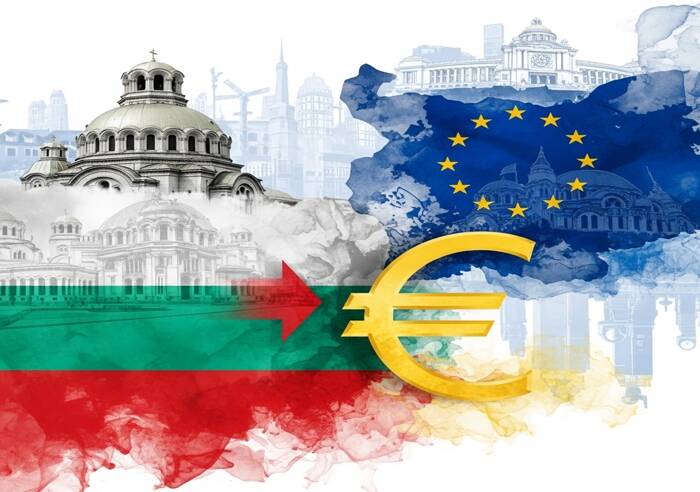Supporter Russian President Rumman Radev has supported the idea of a referendum, but the right to leave one with Parliament, where most Pro-Euros parties have rejected the proposal. Radev has referred to the case to the Constitutional Court, but it is unlikely to disrupt the euro-expression timetable.
The fiscal situation remains sound, although the deficit has increased
Another concern for reception has been the fiscal state of the government. The country has a record of moderate budget deficit and comparatively low public debt. But recently there has been an increase in state expenditure on measures to reduce salary, pension, defense and cost, which has challenged this record.
Nevertheless, the lack of general government was unchanged from last year since last year due to unchanged revenue increase at 3.0% of GDP (from last year (Figure 2Officials have committed for a budget deficit of 3.0% of GDP this year. The general government loan will increase continuously, reaching 34% of GDP by 2030, from 24% in late 2020, although the lowest in the European Union.
The EC adapted to the medium-term fiscal-structural plan of Bulgaria for 2025–2028 earlier last month, which is a positive step for the adoption of euro, suggests public finance stable and durable.
Figure 2: Fiscal matrix sounds remain, even though deficit is widespread and loans are increasing
Gross domestic product
